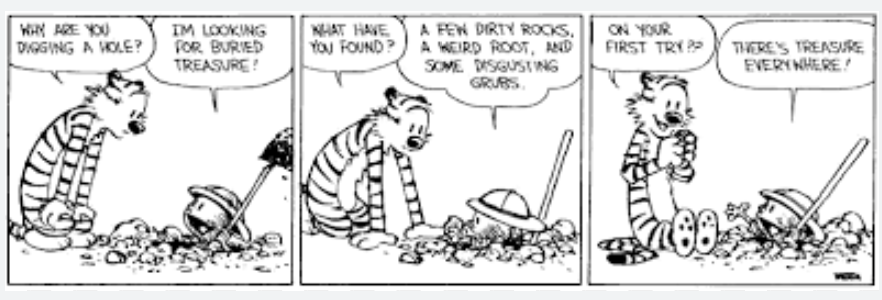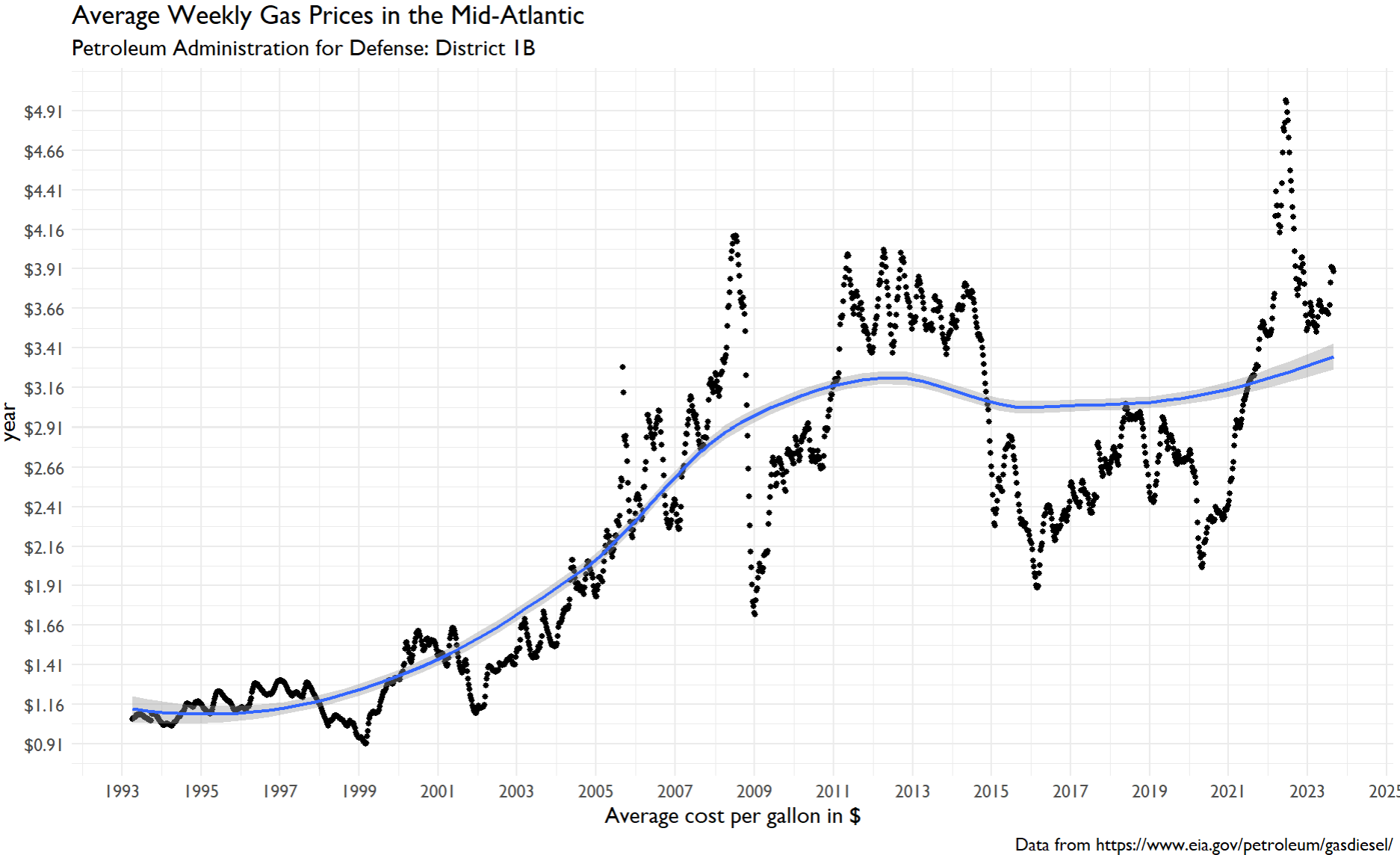In today’s digital age, the phrase “data is the new oil” resonates more than ever. Whether you’re a seasoned researcher or a curious community member, the internet provides a treasure trove of data waiting to be discovered and examined. In this blog post, we’ll dive into the ubiquity of online datasets and how you can use them to answer many questions, especially for community-based research and evaluation.

1. The Internet – A Goldmine of Information
Every click, like, share, or comment contributes to the vast pool of online data. From public records and government databases to social media platforms and online surveys, datasets are proliferating at an unprecedented rate. This digital transformation means research is no longer confined to elite institutions with exclusive resources. Today, anyone with an internet connection can tap into a wealth of data.
2. Diverse Data for Diverse Questions
The beauty of online datasets lies in their diversity. Interested in climate change patterns? There are databases for that. Curious about community health indicators? There are datasets for that, too. By harnessing the power of online data, community research teams can explore various topics, from education and socio-economic trends to environmental changes and public opinion.
The header image was something I was playing around this morning: Gas prices. I found that data from the US Energy Information Administration.
3. Enhancing Community-based Research
For community-driven initiatives, locally relevant data can be invaluable. Instead of relying on generic, national-level statistics, online datasets allow for hyper-local insights. These nuanced findings can inform policy changes, drive community initiatives, or aid in resource allocation, ensuring actions are based on tangible evidence.
4. Tools and Platforms to Get Started
There are several platforms where you can find rich datasets:
- Google Dataset Search: This tool enables easy access to countless datasets on myriad topics.
- Kaggle: Primarily known for its machine learning competitions, Kaggle also offers a diverse range of datasets from various fields.
- Government Websites: Many governments offer open data portals, providing datasets that range from crime statistics to health metrics.
- And I have to plug Data is Plural. This incredible repository of interesting datasets covers a huge range of topics and questions.
5. Ethical Considerations
While the internet offers a vast array of data, it’s essential to approach it with an ethical lens. Ensure data privacy is maintained, especially if datasets contain personal information. Always credit sources and respect licensing agreements.
Conclusion
The age of the internet has democratized access to information, making community-based research richer and more accessible. With a multitude of datasets at our fingertips, we’re limited only by the questions we ask. So, start your online data journey today, and let’s unravel the mysteries that matter to our communities.
Are you interested in leveraging online datasets for your community research and evaluation? Reach out to our team, and let’s explore the possibilities together.

